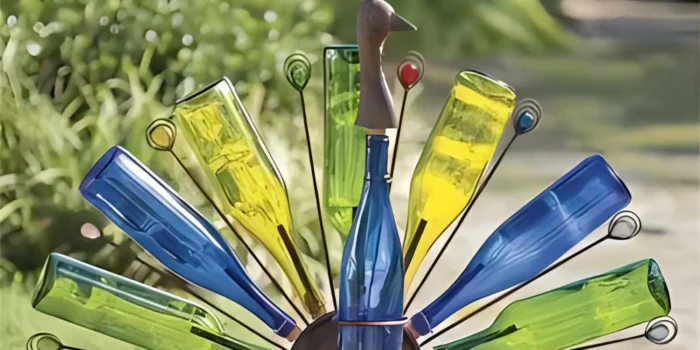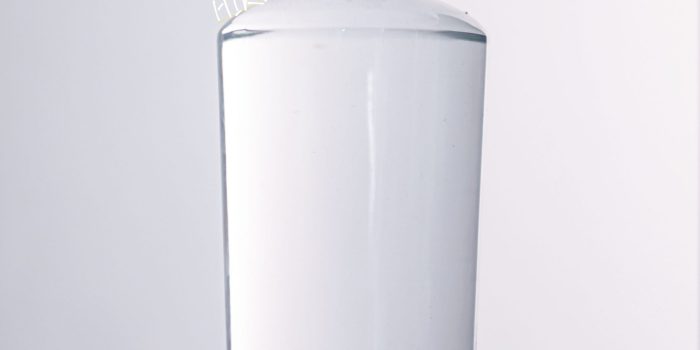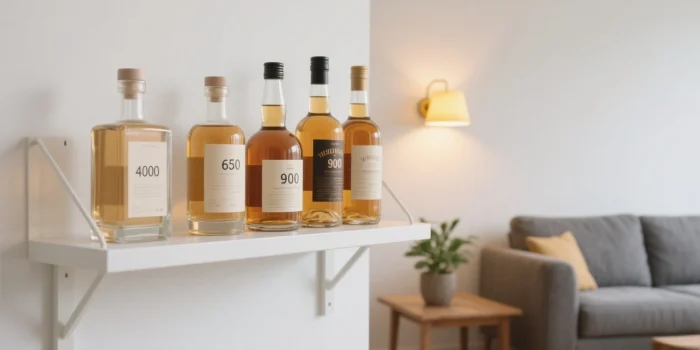
The Decomposition Process of Glass Bottles
The decomposition time of glass bottles can vary depending on several factors. Generally, glass is a very stable material that takes a long time to break down naturally. Glass bottles can remain intact in the environment for decades or even centuries. However, the actual decomposition time can be influenced by environmental conditions such as temperature, humidity, and exposure to chemical substances. Under certain circumstances, like extreme weather or acidic conditions, the glass may start to erode or dissolve more quickly. Additionally, human actions like recycling and proper disposal can also affect the decomposition process. Recycling glass bottles helps to extend their useful life and reduces the amount of waste in landfills. Overall, it’s important to be aware of the longevity of glass bottles and make efforts to recycle or reuse them to minimize their environmental impact.
The Stages of Decomposition

- Initial Breakage: Glass bottles may start to break or crack over time, especially if subjected to stress or impact.
- Weathering: Exposure to the elements, such as sun, rain, and wind, can cause the surface of the glass to gradually degrade.
- Scratching and Abrasion: Physical contact with other objects can lead to scratches and abrasions on the glass surface.
- Dissolution: In some cases, the glass may begin to dissolve slowly, particularly in certain chemical environments.
- Fragmentation: As the decomposition progresses, the glass may fragment into smaller pieces.
- Incorporation into the Soil: The broken glass pieces can eventually become integrated into the soil, though this process can take a long time.
Factors Affecting Decomposition

- Environmental Conditions: The rate of decomposition can be influenced by factors like temperature, humidity, and exposure to chemicals.
- Glass Properties: The composition and thickness of the glass can also affect its decomposition rate.
- Soil Type: The type of soil the glass is in can impact how quickly it breaks down.
Implications for the Environment

- Long-Term Persistence: Glass bottles can remain in the environment for extended periods, potentially causing harm to wildlife.
- Recycling Importance: Encouraging recycling helps reduce the amount of glass waste and its negative effects.
Conclusion: Understanding the Decomposition Process

By understanding the decomposition process of glass bottles, we can make more informed decisions about their use and disposal. Recycling and proper handling are key to minimizing their environmental impact. Let’s work towards a more sustainable future!










This Post Has 0 Comments